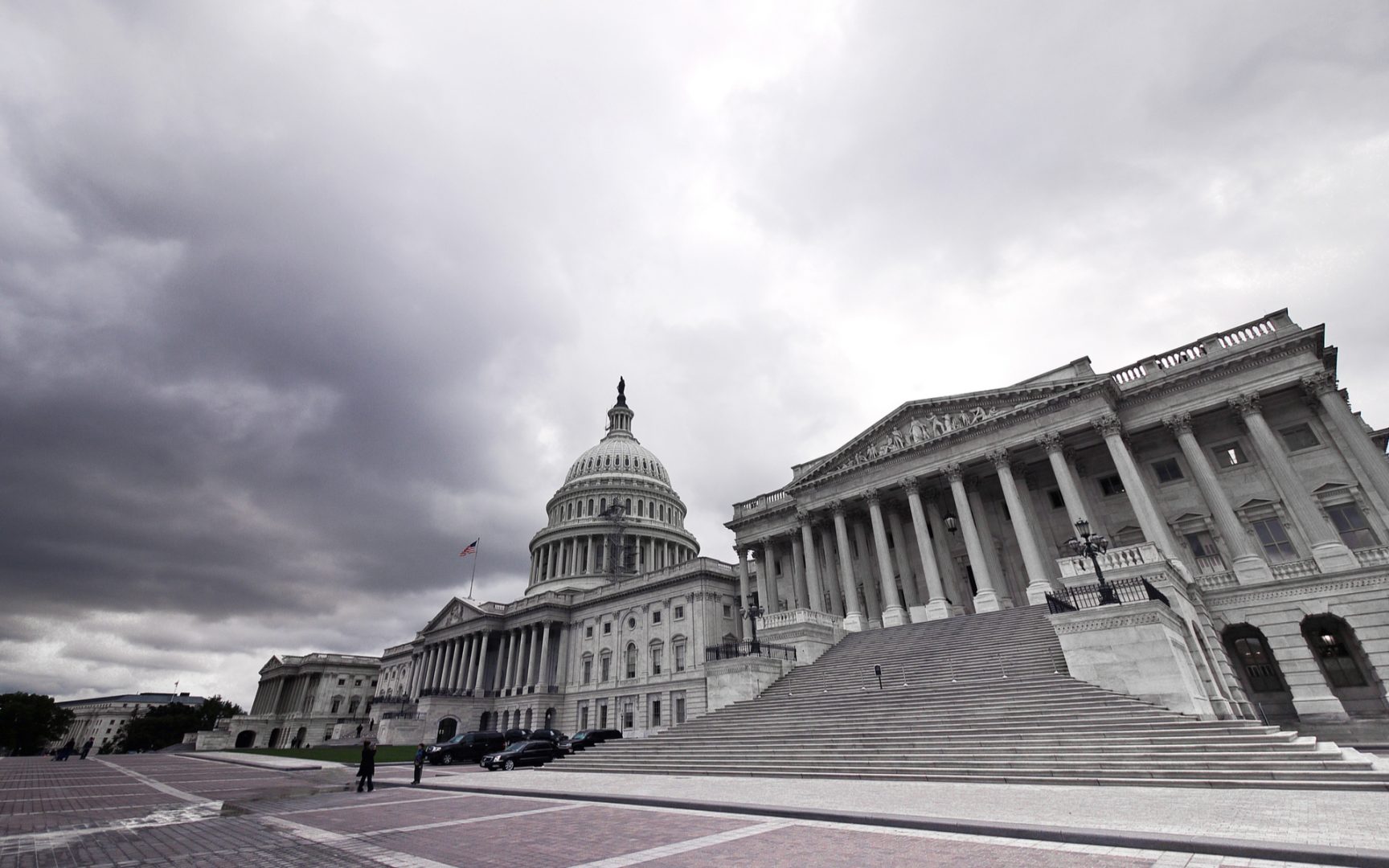How US shutdown slows Blockchain progress down

Donald Trump’s government shutdown has now begun its 24th day after breaking the record for the longest shutdown in US history three days ago. The president’s deadlock with congress over funding allocation for his pet border wall project with Mexico shows no signs of abating any time soon either, in a situation which is threatening the day to day financial security of hundreds of thousands of Americans.
The longest government shutdown in U.S. history is hurting the crypto industry, too.
Institutions affected by the shutdown include the Securities and Exchange Commission (SEC) and Commodities and Futures Trading Commission (CFTC), which is having knock-on effects on Wallstreet.
Notably, the launch of Bakkt’s bitcoin futures market was delayed in part by the company’s inability to secure approvals before Dec. 22, 2018, when the shutdown began. The platform, created by Intercontinental Exchange (parent of the New York Stock Exchange), is in a holding pattern until regulators can open a 30-day public comment period. A new launch date for the platform, which most recently was set for Jan. 24, has yet to be announced.
This lack of approval has not deterred Bakkt from building up its platform: the company announced Monday it was acquiring parts of independent futures commission merchant Rosenthal Collins Group (RCG) to bolster its regulatory compliance chops.
Other startups are in a similar state of limbo. ErisX, a trading platform that recently raised $27.5 million from prominent investors, is also waiting for furloughed federal employees to return to work. The platform aims to be a regulated futures market and clearinghouse, which requires approval from the CFTC.
Exchanges aside, even certain products are now potentially at risk. Perhaps one of the most highly anticipated bitcoin-related products is an exchange-traded fund, or ETF. The SEC currently has one rule change proposal sitting before it, filed by VanEck, SolidX and Cboe.
The proposal has already been delayed a number of times, and now faces a final deadline of Feb. 27. If the SEC does nothing, under existing law, the proposal would be approved. Specifically, Title 15 of the U.S. Code states that any proposed rule changes “shall be deemed to have been approved by the [SEC] if … the [SEC] does not issue an order approving or disapproving the proposed rule change.”
However, some legal experts say an approval-by-default is unlikely to happen, even if the shutdown drags on.
Ethan Silver, chair of the broker-dealer practice at law firm Lowenstein Sandler, anticipates that, should the shutdown continue, any staffers who remain on duty would reject the application.
“I think if they were forced to deal with it, they would sooner deny it than be put in a position [where it is approved on a technicality],” he said, explaining that the regulator would likely cite “market integrity” or a similar emergency contingency as a reason for the denial.
Similarly, Jake Chervinsky, a lawyer with Kobre & Kim, said on Twitter that the SEC would likely find some way to reject the proposal during a protracted shutdown, a view also shared by attorney David Silver of the Silver Miller law firm.
The commission has yet to approve any crypto ETFs, rejecting nearly a dozen in 2018. That has not yet deterred companies from trying to be the first to bring such a fund to market, however. Just last week, Bitwise Asset Management announced its intention to launch a bitcoin ETF with NYSE Arca.
While the company has filed an initial registration form, NYSE Arca has not yet submitted the rule change proposal, and so the SEC cannot yet consider the ETF.
Beyond launches, the crypto space – at least in the U.S. – is still waiting for increased clarity and official guidance on how to safely handle digital assets.
Vince Molinari, co-founder of the regulated trading platform Templum, told CoinDesk that initiatives the SEC may have planned, such as guidance on custody, are likely to be delayed.
“I think the entire space gets pushed back,” he said. “It could be a quarter or two before things go back, it could be longer depending on how long the shutdown’s in effect.”
Compounding the issue, he noted, is that even after the shutdown ends, staffers have to catch up on anything they missed during the furlough.
“There’s talk about the [initial public offering] calendar being pushed back,” he said.
Mining manufacturer Canaan is at least one crypto firm reportedly considering a U.S. IPO. While the company is said to be in the early stages of this decision, Molinari believes an extended shutdown could postpone IPO approvals “indefinitely.”
As regulatory activity slows to a halt, a crypto industry group is focusing its efforts on Capitol Hill, where lawmakers in the House and Senate are still open for business.
“We’ve been making real progress engaging with lawmakers and regulators on the merits of the token economy in the last several months, but the shutdown puts the handbrake on some of those conversations,” Kristin Smith, director of external affairs for the Blockchain Association, told CoinDesk.

